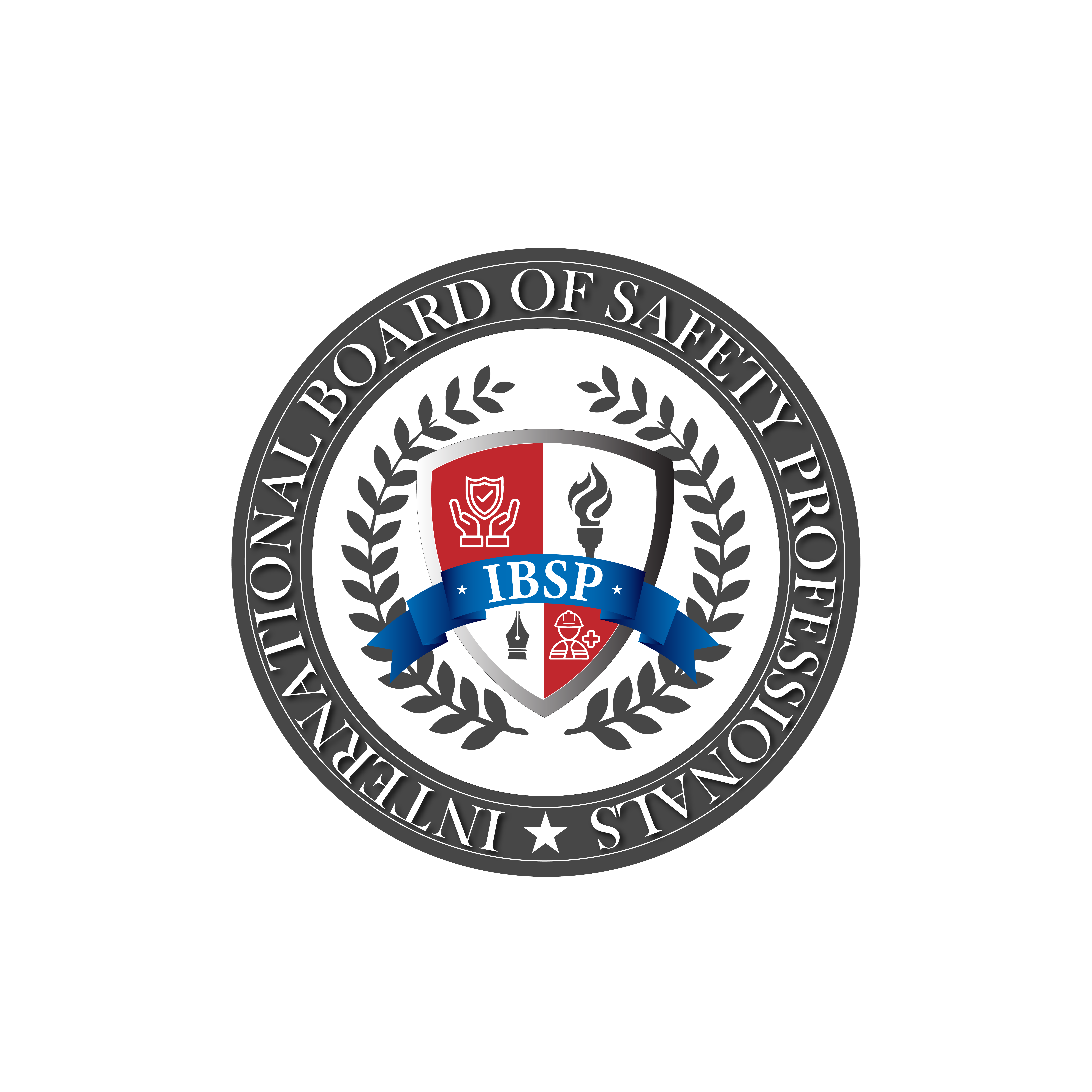IBSP Diploma in Oil and Gas Safety
Details About IBSP Diploma in Oil and Gas Safety
Course Overview:
The IBSP Diploma in Oil and Gas Safety is tailored to address the unique safety challenges faced in the oil and gas industry, providing participants with specialized knowledge to ensure safe operations in high-risk environments. The course covers essential topics, including hazard identification, emergency response, and risk management techniques for onshore and offshore operations.
Participants will explore regulatory requirements, safety standards, and best practices essential for managing safety in oil and gas exploration, drilling, production, and transportation. Modules include confined space entry, fire and explosion prevention, process safety, and environmental impact assessment. The curriculum also highlights equipment integrity, human factor considerations, and emergency preparedness. By the end of this program, students will have the skills to recognize and control hazards specific to the oil and gas sector, promote safety culture, and comply with industry regulations, making them valuable assets to employers committed to high safety standards.
Course Modules:
- OGI-061 Module 1 : Introduction to Oil and Gas Industry Safety
- Overview of the oil and gas industry and its operations.
- Understanding the unique safety challenges in oil and gas extraction, processing, and transportation.
- Key regulations, standards, and safety guidelines in the industry.
- Roles and responsibilities of safety professionals in the oil and gas sector.
- HRA-062 Module 2 : Hazard Identification and Risk Assessment
- Identifying common hazards in oil and gas operations (e.g., fire, explosion, toxic exposure).
- Conducting risk assessments and evaluating potential impacts.
- Techniques for mitigating risks and preventing accidents.
- Developing and implementing risk management plans.
- PSM-063 Module 3 : Process Safety Management (PSM)
- Principles of Process Safety Management specific to the oil and gas industry.
- Identifying critical process safety elements (e.g., pressure, temperature control).
- Managing changes in processes and maintaining operational integrity.
- Incident investigation and lessons learned from past accidents.
- FES-064 Module 4 : Fire and Explosion Safety in Oil and Gas
- Understanding fire and explosion hazards in oil and gas facilities.
- Prevention and control measures for fire and explosion risks.
- Emergency response planning and firefighting strategies.
- Case studies of major oil and gas fire and explosion incidents.
- OEP-065 Module 5 : Offshore Safety and Environmental Protection
- Safety challenges and regulations specific to offshore oil and gas operations.
- Environmental protection measures in offshore drilling and production.
- Managing offshore emergencies and evacuation procedures.
- Compliance with international maritime and environmental laws.
- ERM-066 Module 6 : Emergency Response and Crisis Management
- Developing and implementing emergency response plans for oil and gas operations.
- Crisis management strategies in the event of major incidents.
- Coordinating with local authorities, emergency services, and stakeholders.
- Post-incident recovery and business continuity planning.
Who Needs IBSP Diploma in IBSP Diploma in Oil and Gas Safety?
- Safety officers and managers in the oil and gas industry.
- HSE professionals responsible for oil and gas projects.
- Engineers and supervisors in drilling, production, and transportation.
- Anyone involved in offshore or onshore oil and gas operations.
- Professionals aiming to enhance safety skills in high-risk environments.
What Are the Benefits of IBSP Diploma in Oil and Gas Safety ?
- Gain expertise in hazard identification and risk control specific to oil and gas.
- Understand and implement industry regulations and best practices.
- Improve ability to respond to emergencies in oil and gas settings.
- Enhance career prospects in safety roles within the oil and gas sector.
- Contribute to creating safer work environments in high-risk operations.
Assessment Systems:
The assessment structure includes:
- Practical assignments and risk management projects
- Case studies and real-world scenario analysis in oil and gas safety
- A final examination to evaluate knowledge and application skills
Course Duration:
The program is designed to be completed in 3-6 months.

